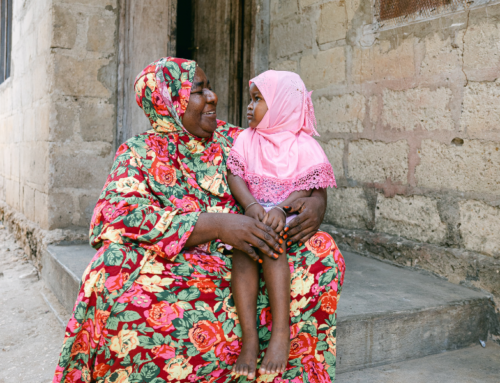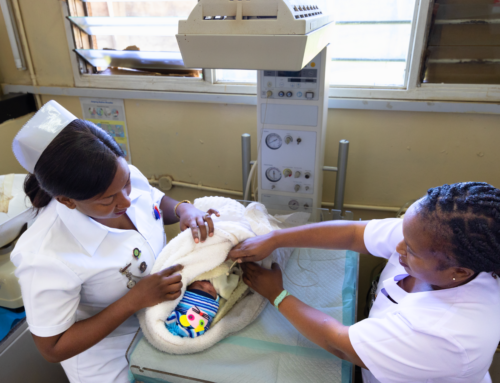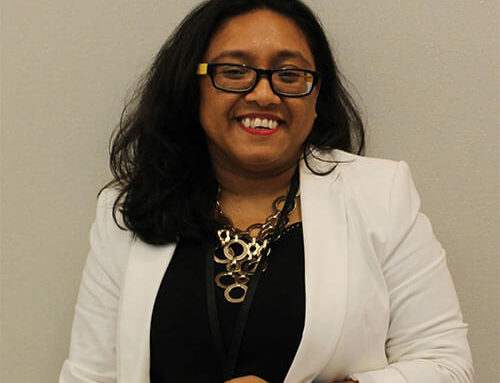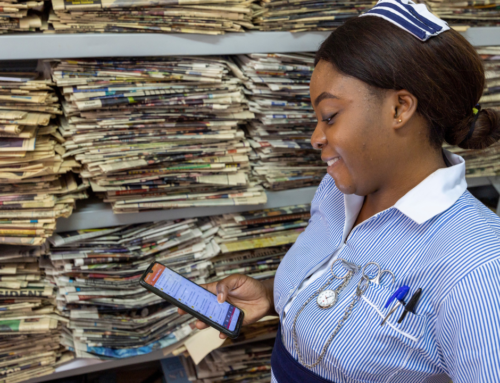
Thousands of health workers have sacrificed their lives to be at the forefront in the fight against the COVID-19 pandemic, and many have contracted the virus while on duty. In Kenya, hundreds of health workers have tested positive for the coronavirus and many have succumbed to the disease since the country reported its first case in March 2020.
Fridah Kagwiria Kibiti, a nurse working at Nairobi Metropolitan Services, tested positive for coronavirus while she was working at a facility that is being used as a quarantine, isolation and treatment centre.
She recounts her experience when she was first diagnosed with the virus. “In August 2020, I started developing a common cold and sneezing. After a few days, I lost sense of taste.”
What followed was an anxious experience to figure out if it was a normal cold or COVID-19. She started to monitor her symptoms.
Fridah informed her team lead who advised her to take some painkillers while she prepared to go for the COVID-19 test. At home, she advised her children to keep their distance since she was a suspected COVID-19 positive case.
Fridah tested positive for COVID-19. ‘‘When they called me to deliver the sad news, I was stressed and devastated. I was driving, I stopped and parked by the road side, I thought I was going to die, I cried profusely,” she recalls.
Equipped with masks, chlorine, sanitizer and other supplies, she began her home-based-care journey. As days progressed, Fridah remained in her home until she started developing severe symptoms.
“One day, I woke up with difficulty in breathing and severe chest pain. Later, with the help of my colleagues, I was picked up by an ambulance and taken to Kenyatta hospital. After 15 days, I was discharged and I returned home,’’ she says.
Her second test still turned out to be positive. “It was sad. I thought the virus would kill me, I was scared,” she says. On October 15, she retested and fortunately she was negative for COVID-19.
Friday says the psychosocial support from her colleagues helped her sail through; they talked to her, kept calling and checked on her regularly.
A policy brief on COVID-19 and the need for action on mental health published by the United Nations indicates that health workers are among the group greatly affected by the virus and oftentimes their mental health is overlooked.
Amref Health Africa continues to support the mental health and psychosocial well-being of health workers through the introduction of Psychosocial Support Sessions as well as Psychosocial First Aid to offer a safe space for health care workers affected by COVID-19.
Fridah urges other health workers to get a COVID-19 vaccine in order to protect themselves from the virus. “I decided to get vaccinated because I am a frontline health worker and vulnerable,” she says. “I want to encourage other people, especially health workers, to get the jab to protect themselves and set an example to other people.”





